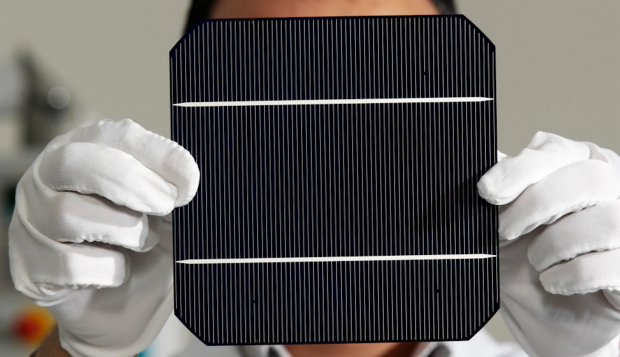
Breaking News
 Withdrawing the United States from International Organizations, Conventions, and Treaties...
Withdrawing the United States from International Organizations, Conventions, and Treaties...
 The Food Math Nobody Does (But Should)
The Food Math Nobody Does (But Should)
 Versatile Liquid Metal Composite Inks for Printable, Durable, and Ultra-Stretchable Electronics
Versatile Liquid Metal Composite Inks for Printable, Durable, and Ultra-Stretchable Electronics
 There is no need for me to write a post around the below illustrative video...
There is no need for me to write a post around the below illustrative video...
Top Tech News
 Kawasaki's four-legged robot-horse vehicle is going into production
Kawasaki's four-legged robot-horse vehicle is going into production
 The First Production All-Solid-State Battery Is Here, And It Promises 5-Minute Charging
The First Production All-Solid-State Battery Is Here, And It Promises 5-Minute Charging
 See inside the tech-topia cities billionaires are betting big on developing...
See inside the tech-topia cities billionaires are betting big on developing...
 Storage doesn't get much cheaper than this
Storage doesn't get much cheaper than this
 Laser weapons go mobile on US Army small vehicles
Laser weapons go mobile on US Army small vehicles
 EngineAI T800: Born to Disrupt! #EngineAI #robotics #newtechnology #newproduct
EngineAI T800: Born to Disrupt! #EngineAI #robotics #newtechnology #newproduct
 This Silicon Anode Breakthrough Could Mark A Turning Point For EV Batteries [Update]
This Silicon Anode Breakthrough Could Mark A Turning Point For EV Batteries [Update]
 Travel gadget promises to dry and iron your clothes – totally hands-free
Travel gadget promises to dry and iron your clothes – totally hands-free
 Perfect Aircrete, Kitchen Ingredients.
Perfect Aircrete, Kitchen Ingredients.
 Futuristic pixel-raising display lets you feel what's onscreen
Futuristic pixel-raising display lets you feel what's onscreen
Researchers discover revolutionary material that could shatter limits of traditional solar panels

Researchers in Japan have discovered a breakthrough that could make solar panels more efficient than ever, according to SciTechDaily. This means cheaper energy bills and cleaner air for everyone.
Traditional solar panels have always hit a ceiling in terms of how much sunlight they can turn into electricity. It's like trying to fill a cup that can only hold so much water. There's been a limit to how much energy we could capture — until now.
Enter a revolutionary material with a fancy name: alpha-phase indium selenide. Unlike regular solar cells that waste some of the sun's energy, this material can capture and use more of the sunlight that hits it. Think of it like upgrading from a regular drinking straw to an extra-wide smoothie straw. You're able to take in more at once.



